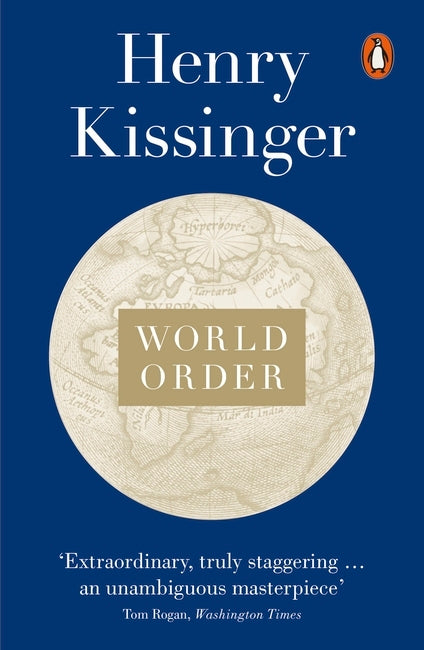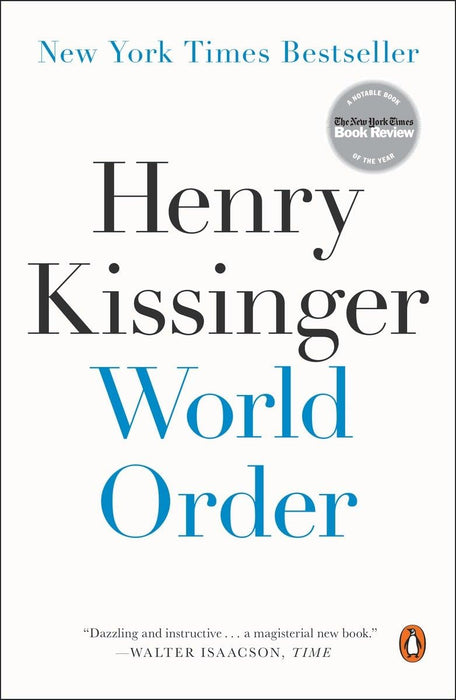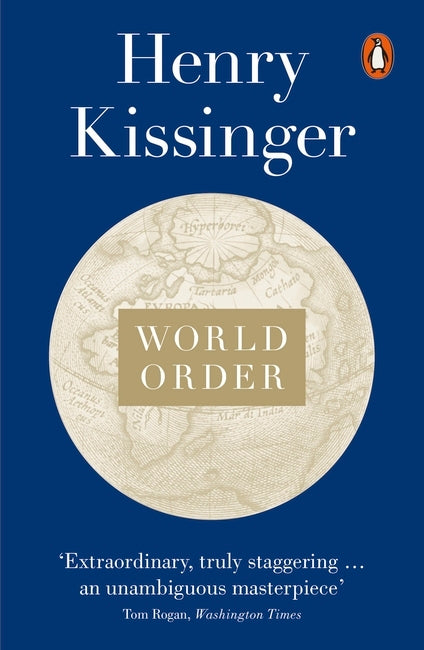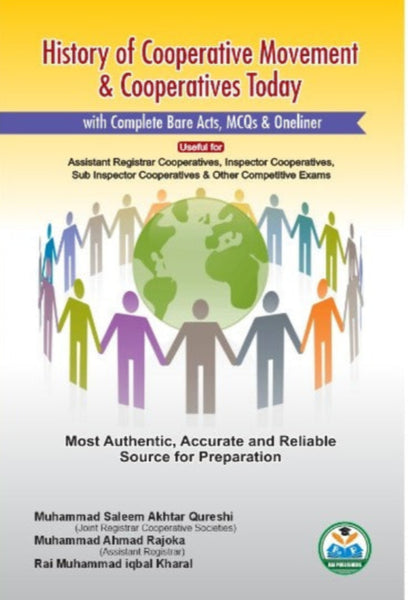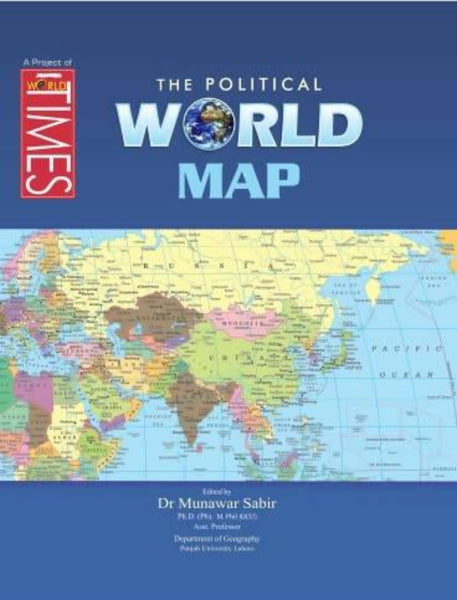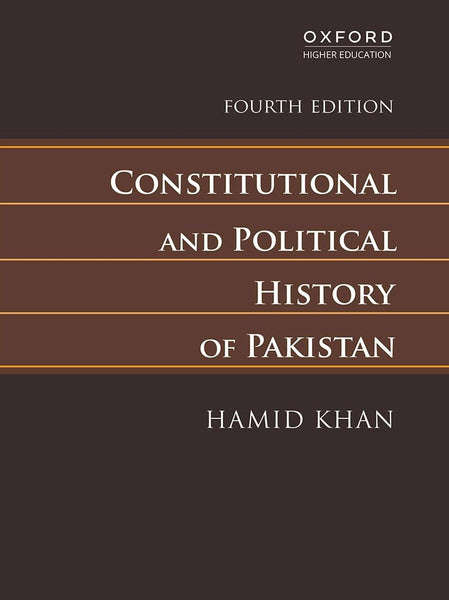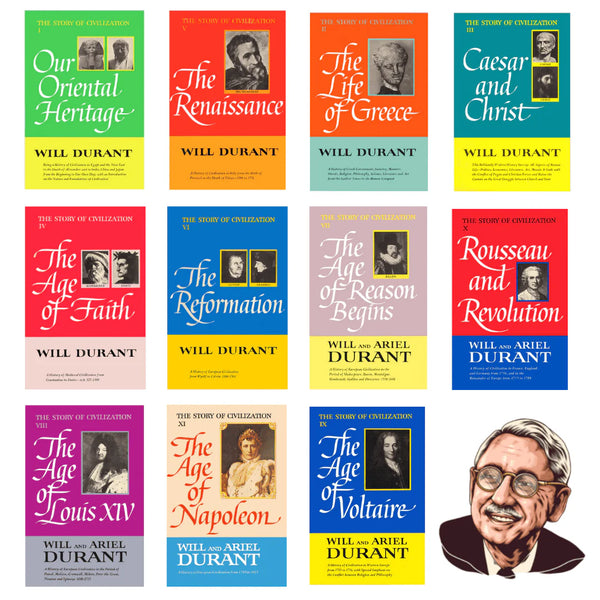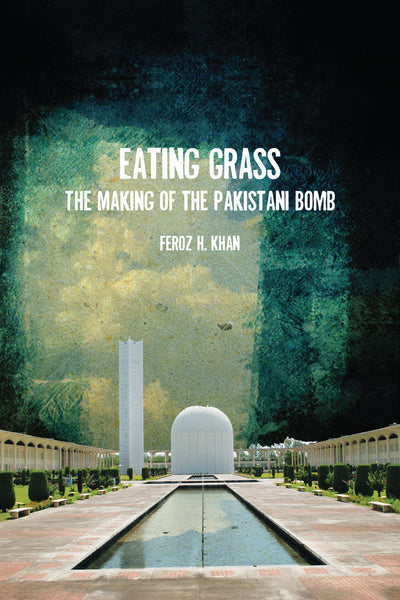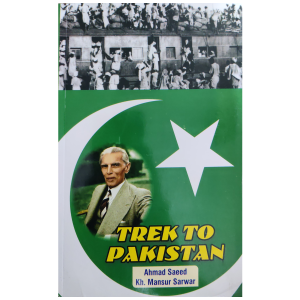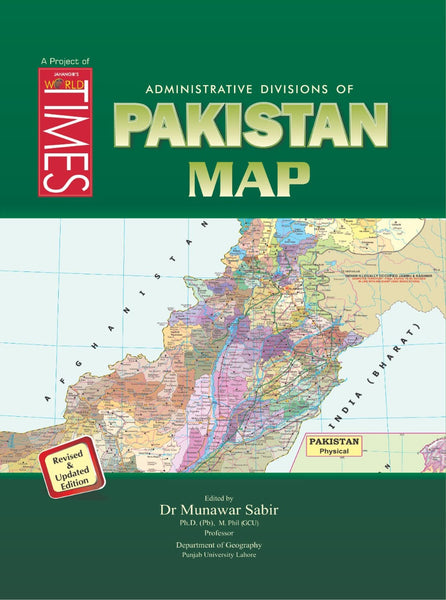World Order by Henry Kissinger (Author)
- Publisher: POLITICAL SCIENCE
- Availability: In Stock
- SKU: 29970
- Number of Pages: 432
Rs.400.00
Rs.475.00
Tags: American exceptionalism , Asian Geopolitics , balance of power , China , Cold War Politics , Diplomacy , Diplomatic Strategy , European History , Foreign Policy , Geopolitics , Global Governance , Global Institutions , Global Leadership , global stability , Globalization , Henry Kissinger , historical analysis , International Relations , leadership. , Middle East , Middle East Politics , Military Strategy , National Sovereignty , Policy Making , Political Philosophy , Political Science , populism , Power and Strategy , Realpolitik , Superpower Rivalry , U.S. Foreign Policy , War and Peace , Westphalian System , World Order , World Politics
World Order
Author: Henry Kissinger
Introduction
World Order by Henry Kissinger is a profound exploration of global politics, diplomacy, and the historical foundations of international relations. Drawing from his extensive experience as a diplomat and strategist, Kissinger analyzes how different civilizations and nations have shaped the concept of world order over centuries. He examines key historical events, the balance of power, and the challenges facing modern international stability. The book provides insightful perspectives on global conflicts, diplomacy, and the shifting dynamics of power among nations, making it an essential read for those interested in history, politics, and international affairs.
📖 Key Features
✅ Historical Analysis of Global Power Structures:
-
Explores how different civilizations—from Europe to China to the Middle East—have historically viewed and maintained world order.
-
Analyzes major geopolitical events and treaties that have shaped the modern international system.
✅ Insights from a Renowned Diplomat:
-
Kissinger shares his firsthand experiences in diplomacy, offering behind-the-scenes perspectives on major global events.
-
Provides deep analysis of key leaders and their approaches to international relations.
✅ Examination of Modern Global Challenges:
-
Discusses rising powers like China and their role in shaping a new world order.
-
Analyzes issues such as terrorism, nuclear proliferation, and technological warfare.
✅ The Role of the U.S. in World Affairs:
-
Evaluates America's foreign policy and its role in maintaining global stability.
-
Offers perspectives on past and present U.S. diplomatic strategies.
✅ Balanced and Thought-Provoking Perspectives:
-
Unlike a one-sided political narrative, the book presents multiple perspectives on global governance.
-
Encourages readers to think critically about the future of international relations.
🌟 Why This Book Stands Out
-
Deep Historical Context: Provides a comprehensive historical background on how different civilizations have shaped world politics.
-
Real-World Diplomatic Insights: Written by one of the most influential political figures of the 20th century.
-
Relevance to Modern Geopolitics: Connects historical patterns to current global issues, making it highly relevant today.
-
Engaging and Intellectual: A thought-provoking read for those who enjoy politics, history, and international relations.
-
Strategic and Analytical: Offers frameworks for understanding global conflicts and diplomacy.
🎯 Conclusion
World Order by Henry Kissinger is an essential book for anyone interested in global politics, history, and diplomacy. It offers a masterclass in understanding how world powers have interacted over centuries and what challenges lie ahead for international stability. With Kissinger’s sharp insights and historical depth, this book is a must-read for policymakers, academics, and history enthusiasts.

